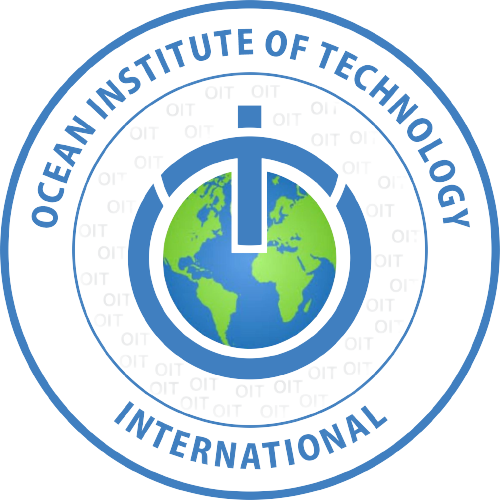"Waste Management in Aviation"
An Overview:
The Waste Management in Aviation course provides an in-depth understanding of the strategies, practices, and regulations involved in managing waste within the aviation industry. As air travel continues to grow, the environmental impact of waste generated by aircraft, airports, and related facilities has become a critical concern. This course covers the entire waste management process, from waste generation and segregation to disposal and recycling, with a focus on minimizing environmental impact and ensuring compliance with regulatory standards. Participants will gain practical insights into effective waste management practices that contribute to sustainability and operational efficiency in the aviation sector.
Course Highlights:
- Introduction to Waste Management in Aviation:
- Overview of the types of waste generated in aviation, including onboard waste, airport waste, and maintenance waste.
- Importance of effective waste management for environmental sustainability and regulatory compliance.
- Regulatory Framework and Compliance:
- Understanding international and national regulations governing waste management in aviation, including ICAO guidelines and local environmental laws.
- Overview of compliance requirements and reporting standards for waste management.
- Waste Generation and Segregation:
- Identifying the different categories of waste generated by aircraft and airport operations.
- Best practices for waste segregation onboard aircraft and at airport facilities to facilitate recycling and proper disposal.
- Onboard Waste Management:
- Procedures for managing waste generated during flight, including collection, storage, and disposal methods.
- Implementation of waste reduction strategies onboard, such as minimizing single-use plastics and promoting recycling.
- Airport Waste Management:
- Strategies for managing waste generated at airports, including terminal waste, maintenance waste, and construction waste.
- Development of waste management plans and systems for effective waste handling and disposal.
- Recycling and Resource Recovery:
- Techniques for recycling and recovering valuable resources from aviation waste.
- Case studies of successful recycling programs and resource recovery initiatives in the aviation industry.
- Technology and Innovation:
- Overview of technological advancements in waste management, including waste tracking systems, automated sorting technologies, and waste-to-energy solutions.
- Exploration of innovative practices and technologies aimed at reducing waste and improving sustainability.
- Environmental Impact and Sustainability:
- Assessing the environmental impact of aviation waste and the benefits of effective waste management for sustainability.
- Strategies for reducing the carbon footprint of waste management operations and promoting a circular economy.
- Training and Awareness Programs:
- Developing training programs for staff to ensure proper waste management practices are followed.
- Promoting awareness and engagement among employees and passengers regarding waste reduction and recycling.
- Case Studies and Best Practices:
- Analysis of successful waste management programs and initiatives implemented by airlines and airports.
- Learning from industry leaders and experts to adopt best practices and improve waste management processes.
Course Designed for:
- Airport and Airline Operations Managers:
- Professionals responsible for overseeing waste management operations at airports and on aircraft.
- Environmental Compliance Officers:
- Individuals ensuring adherence to environmental regulations and waste management standards in aviation.
- Facilities and Maintenance Managers:
- Managers involved in handling waste generated from airport maintenance and construction activities.
- Sustainability and Corporate Responsibility Professionals:
- Experts focused on sustainability initiatives and corporate social responsibility related to waste management.
- Waste Management and Recycling Specialists:
- Professionals working in waste management and recycling, seeking to understand the specific challenges and solutions for the aviation industry.
- Regulatory and Policy Makers:
- Officials involved in developing and enforcing regulations and policies related to waste management in aviation.
- Students and Academics:
- Students and researchers studying environmental science, aviation management, and waste management seeking insights into the aviation sector.
- Technology Providers and Innovators:
- Companies developing and implementing waste management technologies and solutions for the aviation industry.
- Airline and Airport Staff:
- Employees involved in daily operations who need to understand and adhere to waste management practices and procedures.
By the end of this course, participants will have a comprehensive understanding of waste management practices in aviation. They will be equipped with the knowledge and skills needed to implement effective waste management strategies, comply with regulatory requirements, and contribute to environmental sustainability within the aviation sector.


